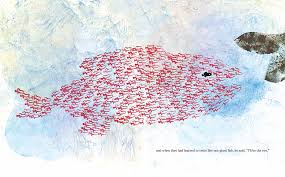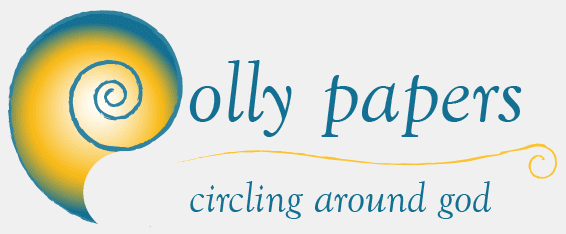My last blog, “Who is God?” was the second in a series of five. I will continue with the third one but I’m taking a break this week to muse about Independence Day.
The document that birthed this nation declared our independence from a foreign power; thus, the fourth of July is Independence Day. If independence is only what it’s about, however, it’s not enough for me. For example, if “independence” means rugged individualism, “everyone for themselves,” everyone pulling themselves up by their own bootstraps; what happens, then, to those who need a helping hand? To the folks who don’t have bootstraps, let alone boots? If self-reliance and autonomy, values often passed along as the keys to success, where does that leave people without the resources to get started? Every advance in society, every step towards civil and individual liberties has occurred as a result of collective action. Margaret Mead sensed this when she wrote, “Never doubt that a small group of thoughtful, committed citizens can change the world; indeed, it’s the only thing that ever has.”
Curious to find out just exactly what “independence” means, I looked up the dictionary definition.
Independent: “not dependent, not affiliated with a larger controlling movement; not requiring or relying on something else; not looking to others for guidance in conduct; not requiring or relying on others for care.” That’s a lot of “nots.” It sounds pretty negative, and very lonely to me.
And it could even be dangerous. Independence can sometimes get us in big trouble. There’s a classic children’s book which makes this abundantly clear. Swimmy, by Leo Lionni, I first read over forty years ago to my children, later to kindergarten classes, used it for children’s sermons and, recently, read it to my grandchildren.
Swimmy is a little black fish with a big idea. When all his fish friends were eaten by a big tuna, Swimmy was “scared, lonely, and very sad.” Then one day, he saw, hidden in the rocks, a school of little red fish. “Let’s go out and play and SEE things!” he said. But the little fish were too scared. So Swimmy thought and thought and suddenly he said, “I have it! We are going to swim all together like the biggest fish in the sea!” He taught them to swim together, each in its own place and when they had learned to swim like one giant fish, he said, “I’ll be the eye.”

Swimmy and his buddies became stronger, more confident and safer when they teamed up and travelled deep waters and shallow pools together. So it is that, as a community, we can do more, be more, know more and believe more when we do it together. As a Christian, my go-to example is the way the church functions. There are teachers and preachers, stewards of the building, visitors to the sick, advocates for justice. No one of us can do it all, but together we can do a lot. The same is true for most human institutions, whether a local school board, a corporation, or a nation.
Which begs the question, would our nation have survived and, more to the point, will it continue to be a beacon of freedom and safety for everyone if it goes it alone; without “looking to others for guidance,” without “relying on others for care?” I know for certain that I would never be who I am today without my community. And there is no doubt that Swimmy would have been gobbled up long ago if he had, independently, swum away by himself.

2 Responses
Love this! Thanks for sharing your heart and your wisdom.
I love the swimmy reference! Keep it up!